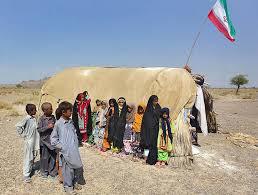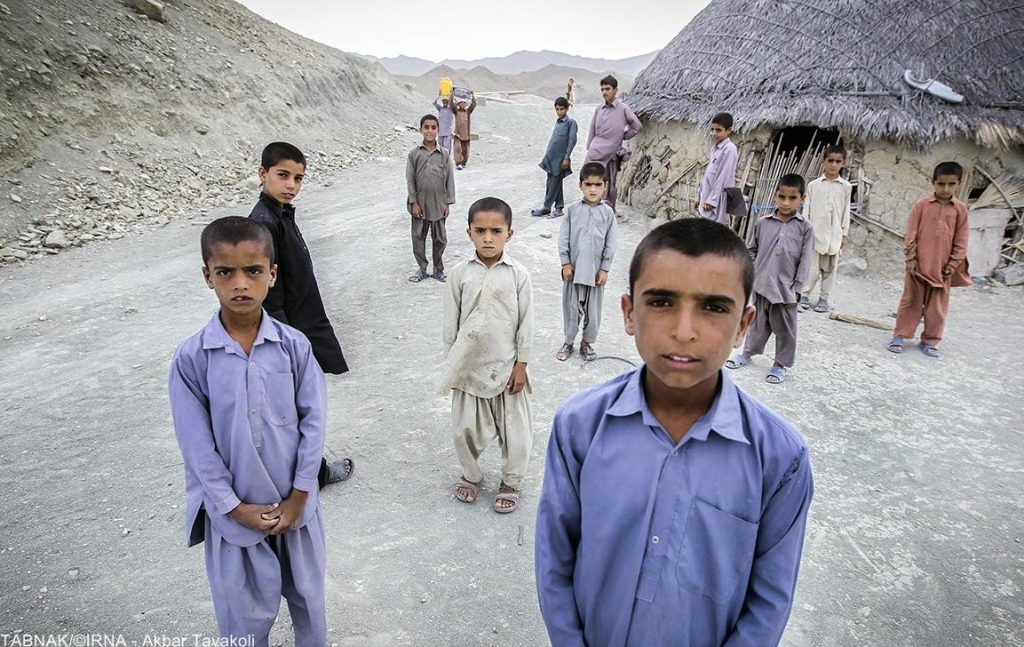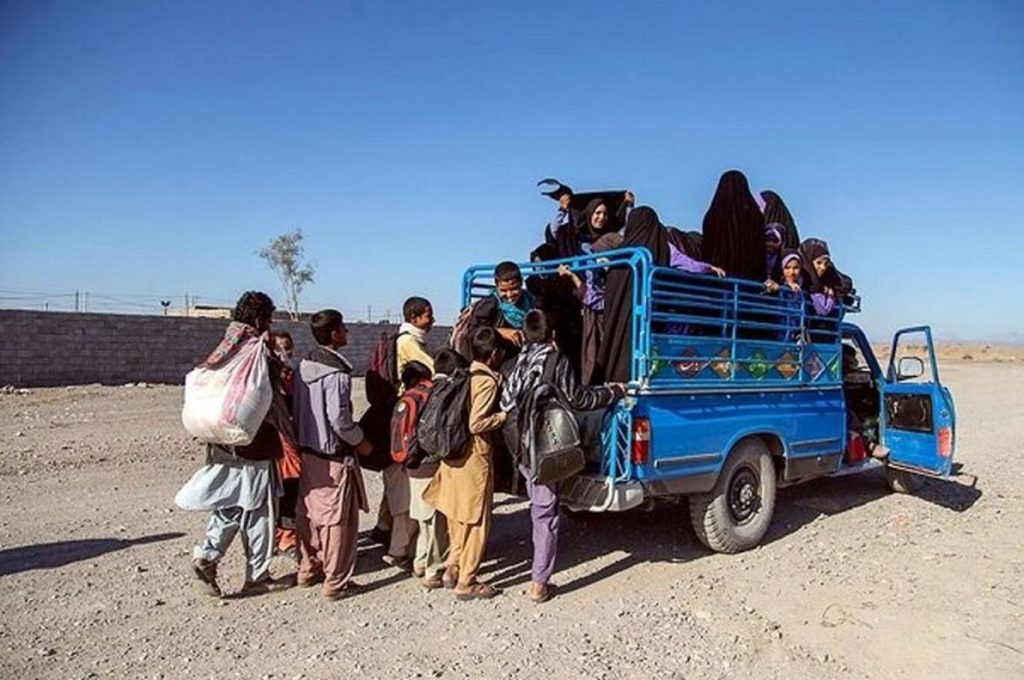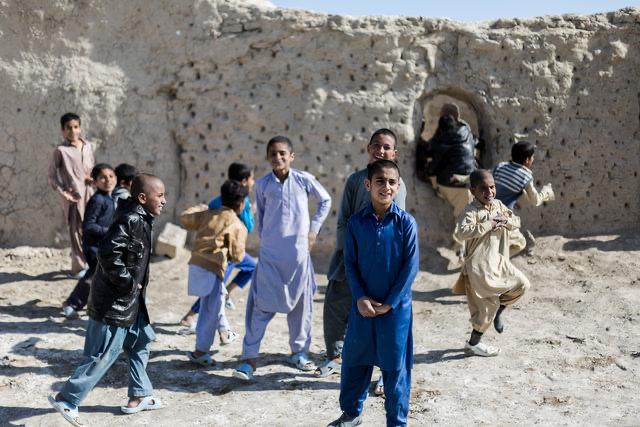Education is a fundamental right for children, recognized in both domestic and international laws. However, in Sistan and Balochistan, tens of thousands of students have been forced to drop out due to poverty, lack of educational infrastructure, and systematic discrimination.

Shocking Statistics on School Dropouts
According to the Balochistan Human Rights Group, on Thursday, March 6, 2025, the Director-General of Education in Sistan and Balochistan stated that over 80,000 students in the province have dropped out of school in the past 12 years. This alarming figure highlights a major educational crisis, despite Article 30 of the Iranian Constitution, which obliges the government to provide free education for all students up to the end of secondary school. Furthermore, Article 28 of the Convention on the Rights of the Child, which Iran has ratified, mandates that all children must have access to education without barriers.

Why Are Baloch Students Dropping Out?
Several key factors contribute to the high dropout rates among Baloch students:
1. Extreme Poverty and the Cost of EducationWhile education is officially free in Iran, families must still bear additional costs, such as school supplies, uniforms, and unofficial fees. Many Baloch families live in absolute poverty, forcing children to work instead of attending school.
2. Lack of School Transportation Services
Many schools in rural Balochistan are located far from students’ homes, and families cannot afford transportation costs. This issue particularly affects girls, as families are often reluctant to send them to distant schools without safe transport.
3. Severe Shortage of Schools and Educational Facilities
Balochistan suffers from a severe lack of educational infrastructure. Many classrooms are overcrowded and dilapidated, and there is a shortage of qualified teachers. Additionally, students often lack access to libraries, laboratories, and the internet, further disadvantaging them in their education.
4. Systematic Discrimination Against the Baloch and Sunni Community
The Baloch people, who are mostly Sunni Muslims, have long faced systematic discrimination from the Iranian government. This discrimination is evident not only in economic and employment policies but also in the educational sector, where Balochistan receives disproportionately low funding compared to other provinces.

The Consequences of School Dropouts: A Bleak Future for Baloch Children
Dropping out of school has devastating consequences. It increases the likelihood of child labor, early marriage, drug addiction, and involvement in crime. Furthermore, low literacy levels perpetuate the cycle of poverty and underdevelopment in the region.


